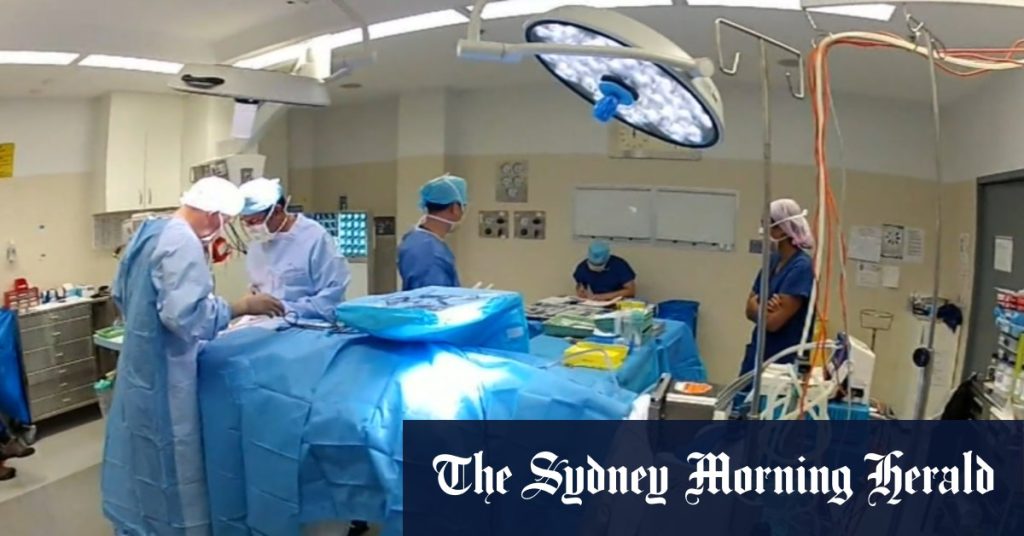Adelaide hospitals are facing questions and concerns over delays in elective surgeries, as South Australian health authorities recently announced a two-day postponement of all non-urgent procedures. This decision comes as hospitals in the region are dealing with increased demand and strain on resources, causing delays and cancellations for patients in need of elective surgeries. The postponement has raised concerns among patients who have been waiting for their procedures, as well as medical professionals who are witnessing the impact on patient care and outcomes.
The postponement of elective surgeries has prompted discussions about the underlying issues impacting hospital capacity and resources in Adelaide. In a statement released by SA health authorities, it was acknowledged that the decision was made in response to the current demands on the healthcare system, which has been dealing with a surge in patients requiring medical attention. The decision to postpone non-urgent surgeries highlights the challenges faced by hospitals in managing their caseload and ensuring that patients receive timely and appropriate care.
Patients who have had their elective surgeries postponed are expressing frustration and anxiety over the delays, as many have been waiting for their procedures for an extended period of time. The uncertainty surrounding when their surgeries will be rescheduled adds to their stress and concerns about their health and well-being. Medical professionals are also voicing their concerns about the impact of these delays on patient outcomes, as timely access to elective surgeries is crucial for managing patients’ conditions and improving their quality of life.
The delays in elective surgeries at Adelaide hospitals have raised questions about the overall capacity and resilience of the healthcare system in South Australia. With hospitals facing increasing demands and resource constraints, there are concerns about the long-term sustainability of the current healthcare model in the region. The need for additional support, resources, and planning to address these challenges is evident, as the delays in elective surgeries are just one symptom of a larger issue affecting the healthcare system in Adelaide and beyond.
As the discussions around elective surgery delays continue, there is a recognition of the importance of addressing the underlying issues contributing to these challenges. Improving hospital capacity, resource allocation, and patient flow are crucial steps in ensuring that patients receive timely and appropriate care, particularly for elective surgeries that can have a significant impact on patients’ quality of life. Collaborative efforts between healthcare providers, policymakers, and community stakeholders are needed to address the systemic issues affecting the healthcare system and to develop sustainable solutions for the future.
In conclusion, the delays in elective surgeries at Adelaide hospitals have highlighted the complex challenges facing the healthcare system in South Australia. As patients and medical professionals grapple with the impact of these delays, there is a growing recognition of the need for proactive measures to address the underlying issues affecting hospital capacity and patient care. By working together to improve resource allocation, access to care, and overall system efficiency, stakeholders can ensure that patients receive the timely and appropriate treatment they need to maintain their health and well-being.


